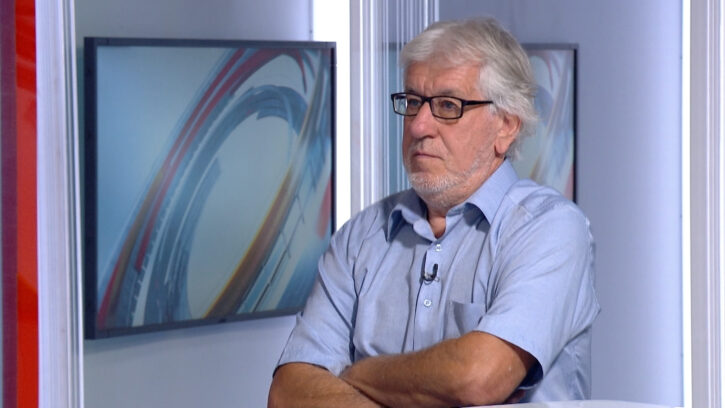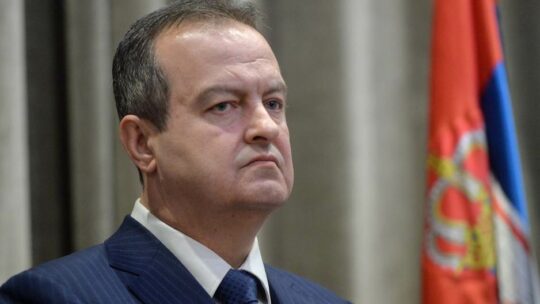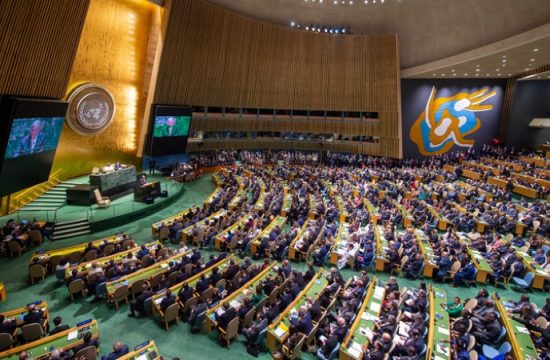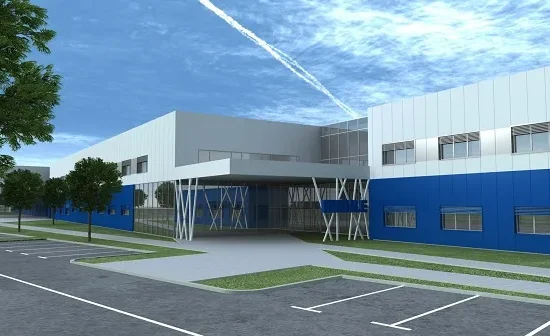
Religious communities have been indirectly supporting the politicians and political parties since the 1990s and playing a crucial role, said political analyst, Esad Bajtal, according to whom “the votes are channelled through churches and mosques.”
“Religious communities never directly support the politicians and political parties. They have been indirectly doing that since the ‘90s of the last century. Religious communities are their key support,” he stressed.
Bosnia's general election is scheduled to take place on October 7 with the election campaign that has officially kicked off on September 7. According to Bajtal, the election campaign never stops in Bosnia and it has only intensified a week ago.
“The experience shows we are dealing with unpolished and uncivilised rhetoric. All in all, it is a fraud. Citizens are here electing nothing because they have no possibility to choose,” Bajtal said.
Politicians gave 1,941 promises prior to the 2010 general election and fulfilled only 48 during the four-year term, Bajtal emphasized.
“Is there any logic in the politicians winning the trust of citizens, while fulfilling such a low number of promises,” asked Bajtal.
Commenting the upcoming visit of Russian Foreign Minister, Sergey Lavrov, and President of Serbia, Aleksandar Vucic, to Bosnia during the pre-election period, the analyst said the officials were not likely to express support to any political party.
“Russian politics cannot be trusted,” Bajtal said concluding that Russia is not sincere towards Bosnia and Herzegovina.




